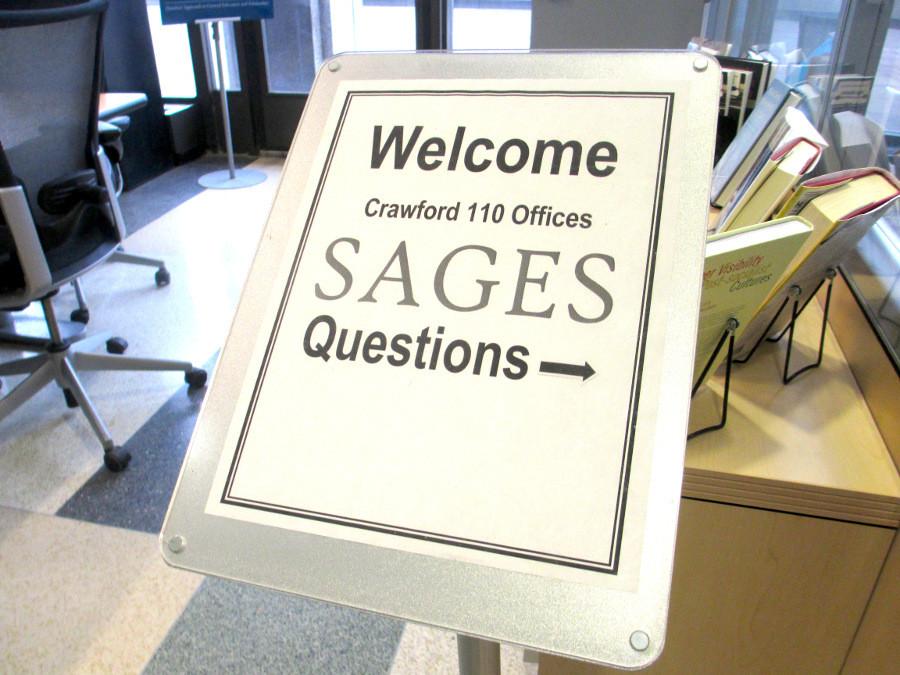Enable advisors, assign them wisely
Since I’ve been an undergraduate student at Case Western Reserve University, I have heard countless stories of students being advised incorrectly. Whether it’s a change in class numbers that requires paperwork, the need for a specific type of SAGES course or an obscure graduation requirement, many CWRU students find themselves packing their schedules during their fourth-year—or worse, not graduating on time—all because they were not advised properly. Some people have been so jaded by the concept of advisors that they choose not to even acknowledge that they have been assigned one.
As a first-year, I was fortunate enough to have wonderful advisors and lots of upperclassman friends who were able to help me navigate through the complicated and confusing task of building a schedule. However not everyone has such knowledgeable colleagues and professors.
It is important to note that the majority of the time, professors who do not advise their students correctly do not mean to do so. Usually it is because one requirement or another has changed recently and they have not been informed of it.
Students often hear conflicting information from a variety of sources, not quite sure who to believe. This is what can lead to unfulfilled requirements, ultimately causing some students to delay their graduation date.
In my opinion, this problem seems overwhelmingly easy to fix. The major cause behind all of the confusion regarding advising and academic requirements is miscommunication. The fact that advisors themselves are not always aware of what is necessary for graduation is troubling, but it is not their fault. Administration must make it clear to everyone on campus what is necessary for completion of a bachelor’s degree for undergraduates.
What’s more, students should be able to meet with faculty from the department of their choice in order to accurately assess what courses any given student should be taking. To use myself as an example, my first advisor (my first SAGES seminar professor) was not familiar with the requirements necessary for my eventual majors of English and Political Science. I took classes that were unnecessary, and I ended up struggling in some of them.
Ultimately, these simple changes seem easy to implement. Giving all parties more information about academic requirements and allowing students to speak with faculty from their planned majors could lead to a lot less confusion and many more happy professors and students.
Anna Galipo is a fourth-year student.


